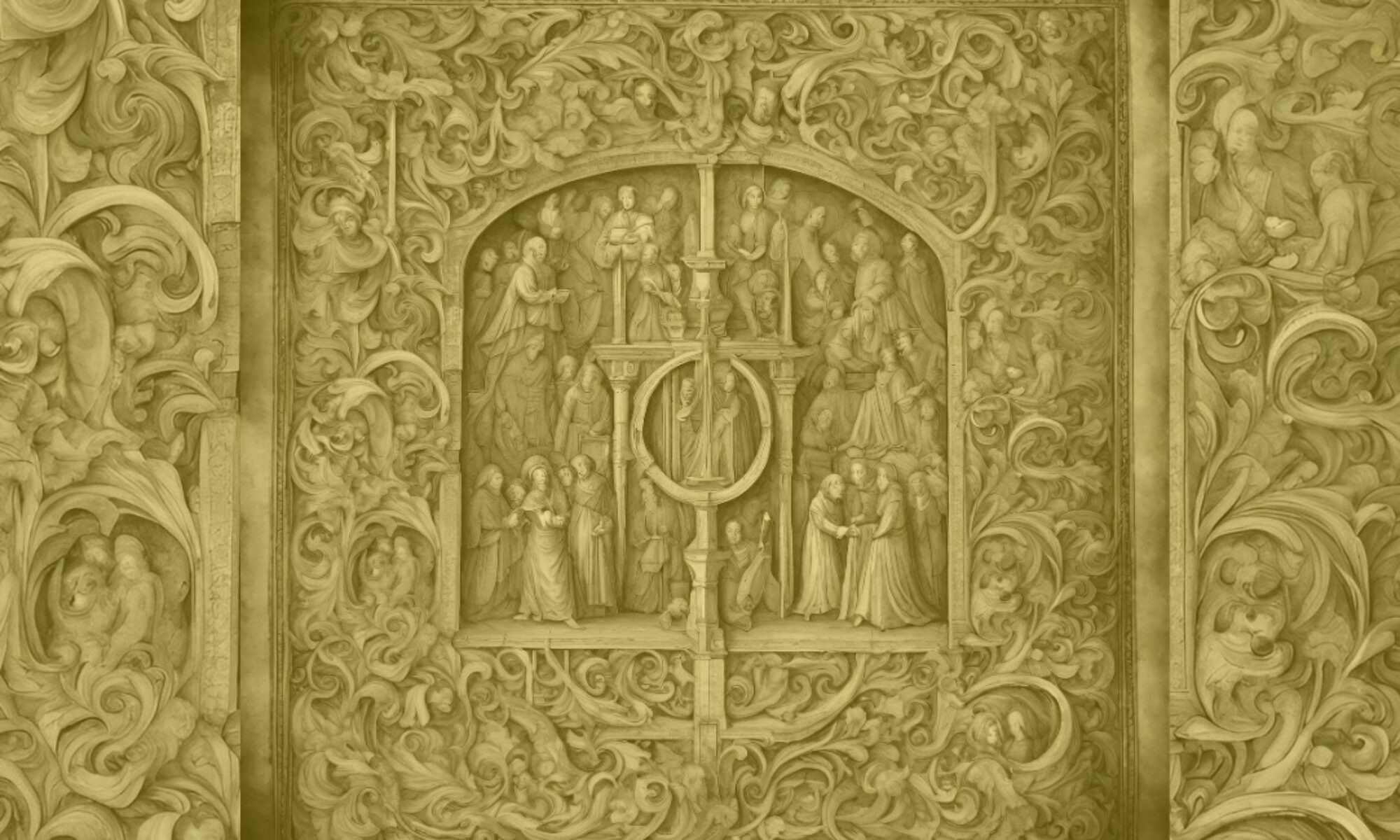Amy Beth’s talk is called “The Heart of Mythic Mirroring”

Mythology heals, teaches, empowers. But how? There is a way of listening from the heart; an ancient, cross cultural way of listening on mythic levels that elevates spirit and marries the forces of nature to the storyteller within. There is a way of “jumping through the portals” of experiences and retelling from the heart, which both reflects and invokes the deepest, mythic and archetypal core of a quester’s experience.
When we listen from the heart and speak from the heart in sacred story telling council, we mythically amplify the mundane; we elevate mere human experience to that of the archetypal Gods and Goddesses. Our stories then become infused with all the deities, demons and angels, heroes and villains, animals and mystical creatures that dwell in collective imagination. Whether we mirror in word, song, silent gesture, art, ritual— we speak the most beautiful spontaneous poetry directly to the initiate’s soul, and these poems herald us into new consciousness; they heal and transform them, and us.
Through demonstration and examples a tool set will be offered for bringing together one’s knowledge of myth (gained through academic studies, faery tales, film, pop culture and Mythologiums!) with the every day occurrences of self and other. Mythologists, rites of passage guides, therapists, parents and friends can use these techniques subtly or explicitly to bring myth to life from the inside out: over coffee with your besties, with clients in consulting rooms, in the forest sitting in sacred group ceremony, and anytime with yourself to overcome trauma, amplify dreams, and re-story your life for greater meaning and vision.
About Amy Beth
Amy Beth Katz, M.A. is Founding Director of The School of Living Dreams, Santa Barbara Psychics and Living Dreams Press. She is a vision quest guide, clairvoyant, tarot reader, depth-crisis counselor, and soul guide. Her dreams and intuitions led her to become a photojournalist, contracted with Zuma Press. She utilizes dreams, synchronicities and signs that emerge in cyberspace, nature and casual conversation to get the “winning image,” and her captioned photographs and video clips appear in over 70 print and media publications, including the Wall Street Journal, The Guardian, The Independent, Time magazine, ABC News, NBC, Good Morning America, New York Daily News, People Magazine Royal’s Edition, China News, and more. She specializes in protests, environmental crisis and recovery efforts, social movements, nature and celebrity Red Carpets.
Amy has published three books of poetry. She is currently finishing her book CyberDreamWeaving™ about her methods and experiments with “Intentional and Applied Synchronicity”, online and out in the world. Amy is the 2022 Recipient of the “Tikkum Olam” Community Service Award through Congregation B’nai B’rith for her leadership in serving the homeless during the Covid Pandemic. Amy holds a Master of Arts Degree from Southern Illinois University and was granted a special “Certificate of Completion” from Pacifica Graduate Institute’s Community, Liberation and Eco-Psychology doctoral program.
For more information, see http://www.schooloflivingdreams.com and
http://www.photojournalist.us.










